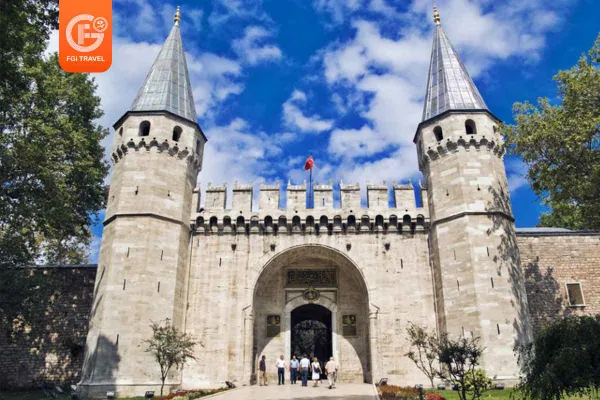A Journey to Discover the Hidden Treasures and Authentic History in Istanbul's Museums

31-07-2024
